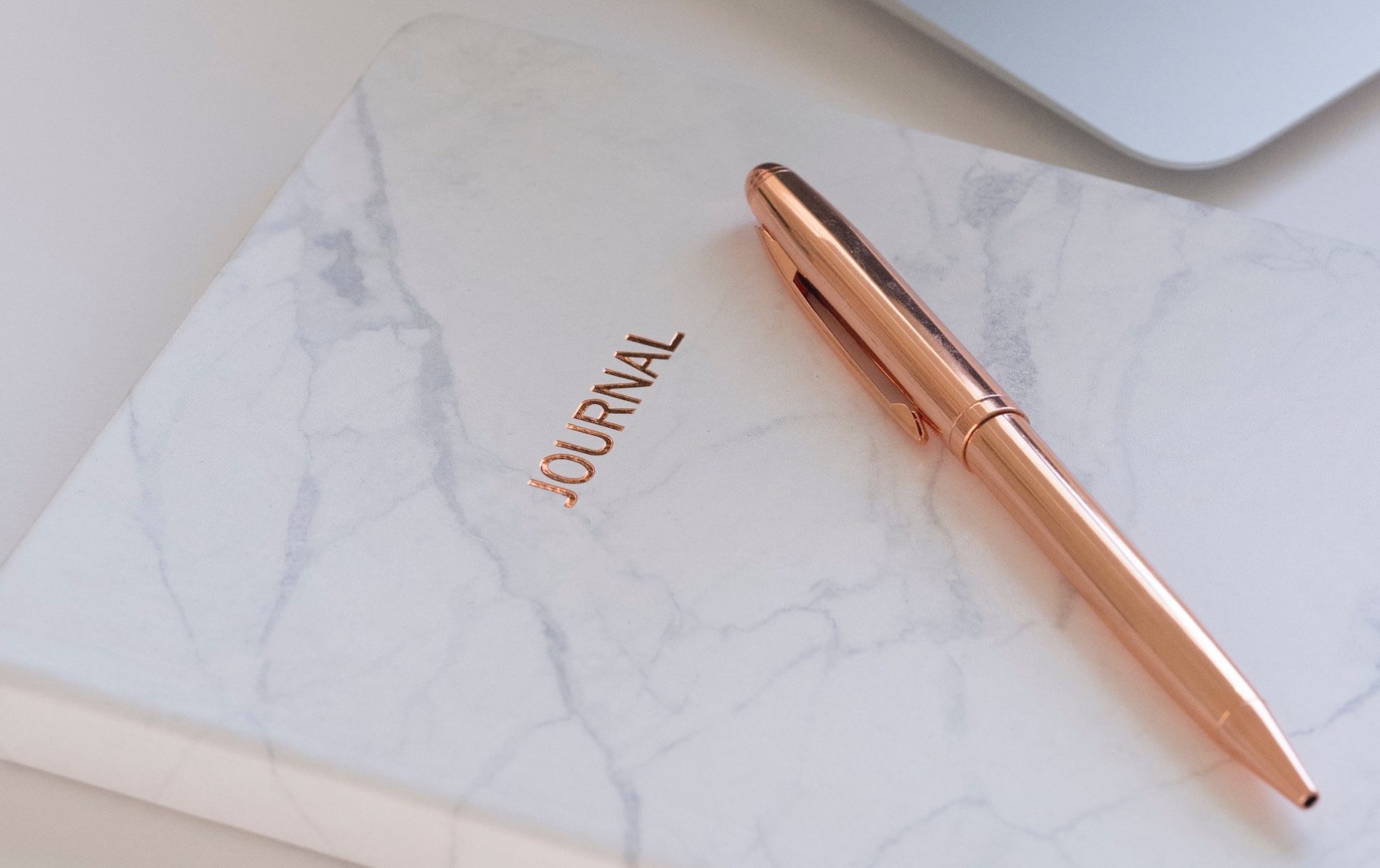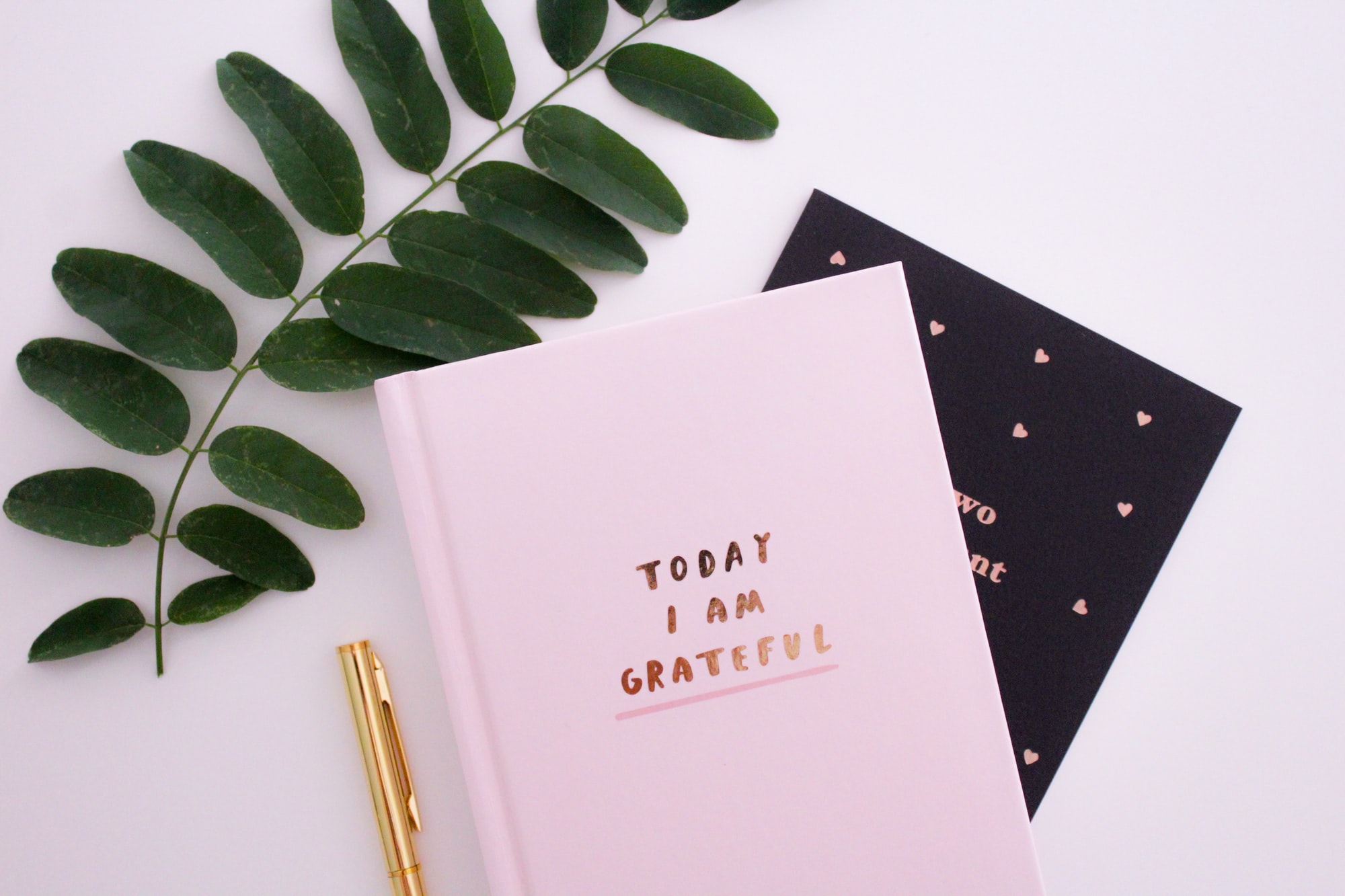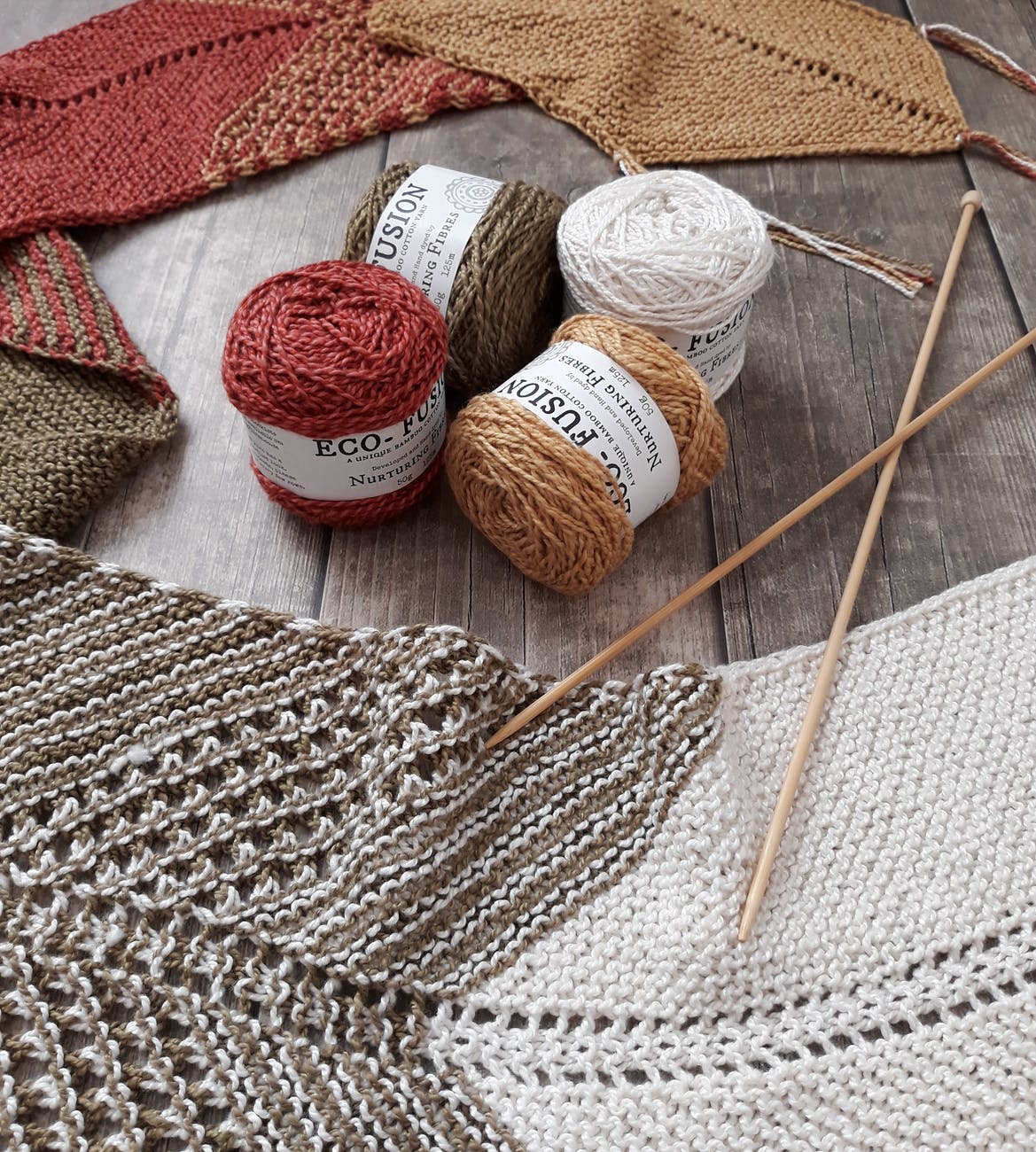
Have you ever kept a diary? Maybe not since your teenage years, but there’s plenty of evidence to suggest that journaling is an important element of self-care, equalling meditation in its benefits! Scientific research has found that there are mental and physical benefits to journaling. Journal writing may promote not only communication and self-awareness skills but also a stronger immune system, a boost in self-confidence and an increased intelligence quotient (IQ).

A University of Texas psychologist working in the area of writing therapy says there is a ‘cascade’ effect of outcomes from writing things down. In essence, journaling is a way of organizing our minds. Keeping track of events and emotions in writing helps to label them and make sense of them. It also frees up the brain from processing all of these experiences. “Getting it all down on paper” has a tremendous liberating effect, which may be why people sleep better after doing it. Better sleep can be responsible for an uptick in mood and resistance to illness, leaving people re-energized and more apt to interact socially.
Many people begin journaling when they are in a tough place; after a trauma or life-altering event. Again, committing those emotions to paper offloads some of the brain’s burden. Others may feel generally depressed, and want to find something, anything that will help them feel better. Writing isn’t difficult, but staring at a blank page is often a sure-fire inspiration killer. What do you write if you don’t know where to start?
Don’t worry. The mind is full of surprises. Many fiction writers will tell you that each story they write has its own shape, its own length, that will reveal itself in its own good time. Even the characters will simply arrive and announce themselves, demanding to be heard. Much like the sculptor who says that the figure is already there inside the wood or marble block; the sculptor is simply carving the excess away.
In The Artist’s Way, the author advocates “stream of consciousness” writing, a kind of “brain drain” to release thoughts that can otherwise clutter up your mind and cause anxiety. It’s not exactly art, and it’s not meant to be. It doesn’t have to be organized in any particular way nor stick to one topic. Remember, it’s just you and the page, and a bit like a closet purge. How good did it feel after you cleaned out your old clothes, and sent them all to Goodwill? Fantastic. And just as you gave away things you no longer used, journaling lets you ‘give away’ thoughts and emotions you no longer need. How great is that?

Writing is a kind of “brain drain” to release thoughts that can otherwise clutter up your mind and cause anxiety.
Another great benefit of journaling is that it’s cost-effective. It doesn’t require any special tools or training, and there’s no timetable. It can be done daily if you like, and use a workbook style journal that includes writing prompts, but sticking to a schedule isn’t important. Writing at your most authentic is the key; when you’re feeling those emotions but aren’t influenced by rationality or structure. In other words, just start writing!



